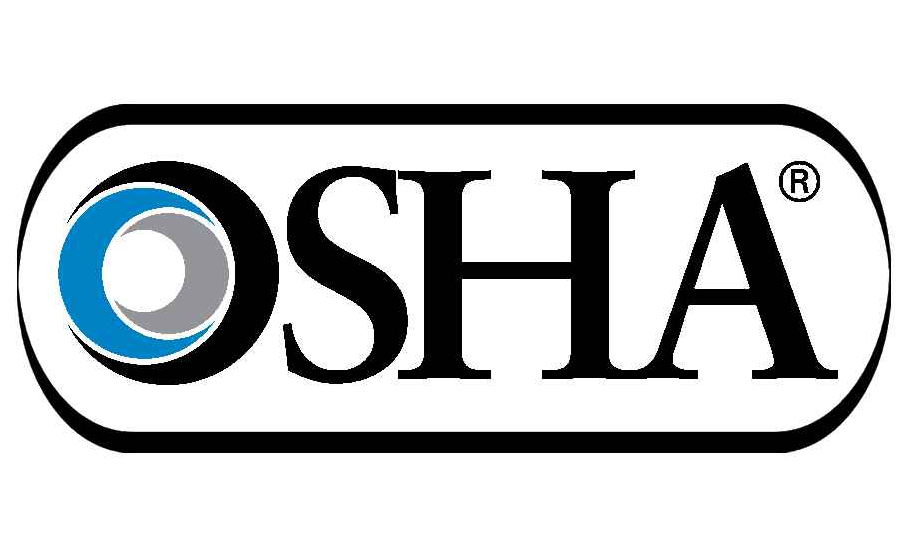Settlement makes 100 worksites safer

A long compliance battle between OSHA and a nationwide terminal company has ended with the company agreeing to improve forklift safety at more than 100 of its freight terminals.
The settlement agreement arrived at after the agency filed a complaint with the independent Occupational Safety and Health Review Commission in 2015 calls for Michigan-based Central Transport to remove damaged, defective and unsafe forklifts and other powered industrial trucks from service at the company's locations in 26 states.
Piecemeal corrections inadequate
"We stated when we filed the complaint that safety cannot be addressed in a piecemeal fashion when employees are exposed to hazards at multiple company worksites,” said Michael Felsen, the DOL’s regional solicitor of labor in Boston.
The case began with a series of inspections in which OSHA officers found faulty forklifts that potentially exposed employees to crushing or struck-by injuries at the company’s facilities.
Other companies should "take heed"
"These widespread, recurring hazards required a comprehensive solution," said Dr. David Michaels, assistant secretary of labor for occupational safety and health. "This settlement includes detailed steps and a timetable for Central Transport to systematically review, assess and improve safety for its employees at all its locations that come under OSHA's jurisdiction. Other employers with hazards at multiple worksites should take heed of this settlement and recognize the value of implementing comprehensive and effective corrective action to protect the workers, life and limb."
The agreement requires Central Transport to hire an independent third party monitor to evaluate, update and improve the company's existing procedures for preventive maintenance repairs, operator inspections and safe operation of powered industrial trucks.
Terms of the agreement
Central Transport must also:
- Assign a corporate internal monitor to facilitate effective implementation of the settlement agreement, conduct random, unannounced visits of at least 20 terminals and work with the third party monitor to prepare and submit reports for each terminal assessed, seek employee feedback and monitor progress.
- Work with the third party monitor to assess and monitor compliance with the agreement and seek feedback from employees. This will include unannounced monitoring visits of at least 10 terminals by the third party monitor, including two terminals assessed by the internal monitor.
- Submit written compliance reports to OSHA and allow OSHA to conduct monitoring inspections to measure compliance.
- Remove any damaged, defective and unsafe powered industrial trucks from service.
- Pay a total of $165,400 in penalties.
The settlement covers Central Transport terminals in Alabama, Arkansas, Colorado, Connecticut, Delaware, Florida, Georgia, Illinois, Kansas, Louisiana, Maine, Massachusetts, Mississippi, Missouri, Nebraska, New Jersey, New York, North Dakota, Ohio, Oklahoma, Pennsylvania, Rhode Island, South Dakota, Texas, West Virginia and Wisconsin. OSHA will notify those states that have assumed authority for enforcing OSHA standards in which Central Transport has terminals and encourage them to honor or agree to the terms of this settlement.
Central Transport operates almost 200 customer service centers nationwide. OSHA's Andover Area Office inspected the Billerica terminal. Scott M. Miller of the department's Regional Office of the Solicitor in Boston litigated the case for OSHA.
Looking for a reprint of this article?
From high-res PDFs to custom plaques, order your copy today!




